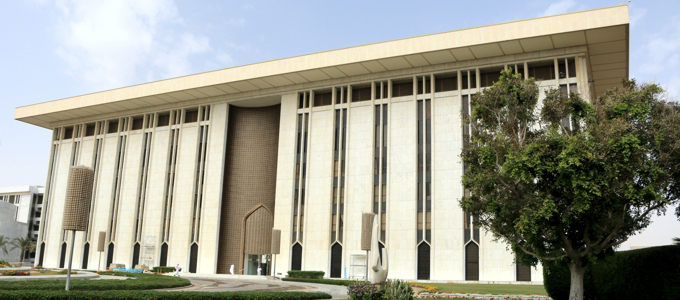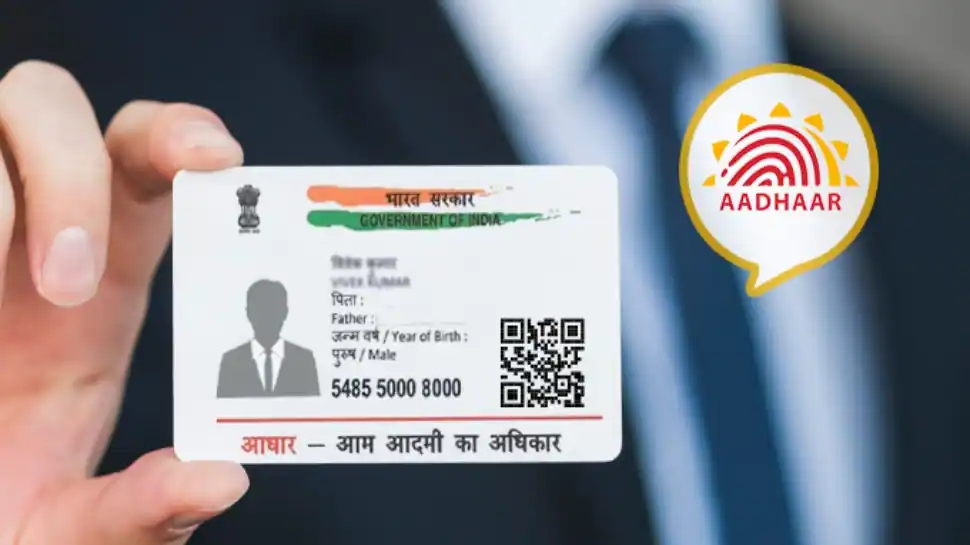Ever since the introduction of 1G in 1979, evolution of cellular technology and its resulting cellular generations have been at the forefront of technological revolution in wireless communications. Higher network speeds have been instrumental in ushering in the age of information technology. Without high-speed networks, Internet of Things (IoT), and the digital age would not have been possible, and the world today will be a lot different.
5G is the newest cellular generation, one that is capable of 100 times faster download speeds compared to the now prevalent 4G networks. The biggest beneficiaries of 5G are set to be the governments around the world because of the technological solutions 5G offers which will be critical for governments to function in the digital age. We will be discussing how 5G will change the future of public services and how it will change the form of governance around the world.
Here are five ways 5G is bringing public services to the future:
Smart Cities: Urban planning and management will see a leap in quality of services as well as provide city planners and management greater level of control over the resources and the functioning of the cities. 5G network allows a massive number of devices to be connected at once, numbering into millions. The local governing body will have the ability to monitor the city in real time with temperature sensors, pollution sensors, water level sensors and other such data collecting points that will allow efficient usage and allotment of resources.
Law Enforcement: CCTV networks have become a vital component for law enforcement. With an extensive surveillance network, it will be much easier for law enforcement agencies to identify illegal activities and track unsocial elements in the society and keep people safe. 5G will further enable law enforcement officers to wirelessly access department resources instantly, saving time and effort. 5G will further strengthen database management and operation systems for law enforcement agencies.
Transport System: Airports, seaports, railway stations, metro rails, road public transport systems, all will benefit from using 5G networks. This smart transport management system will allow automation of several processes and using real-time data analysis and response, increase efficiency of transport systems and reduce maintenance and operation costs. 5G is set to be one of the key drivers for autonomous vehicles, truly ushering in the age of driverless vehicles as road vehicles will now be able to communicate with each other in real time, within milliseconds, bringing down road vehicle related incidents significantly.
Healthcare: 5G can improve the scope and capabilities of tele-medicine and remote surgery. With low latency communications, lifesaving emergency surgeries could be done remotely. Improved telemedicine will allow people to consult doctors in real time and doctors will be able to keep track of the medical condition of their patients in real time. In critical cases, a constant flow of data needs to be always monitored and analyzed and 5G connectivity will allow such data transmission in real time over large distances.
Education: The COVID-19 pandemic has forced the entire education sector to move to the cyber space. Online classes, exams and interactions have become the norm for the past couple of years. The digital nature of educational services thus cannot be ignored by the governments. Introduction of 5G will allow more and more students to connect to their school networks and access educational material and lectures in high picture quality enabled by the high network capacity and edge computing. 5G powered AR and VR curriculum is the next step in education, one which will ensure that remote classrooms won’t be any different from real ones.
Every technological advancement has a major effect on society and how governments run. Providing public services is one of the most fundamental and important tasks of a government and 5G will allow governments around the world to provide such services with increased efficiency and reliability thanks to the capabilities of 5G.






Comments